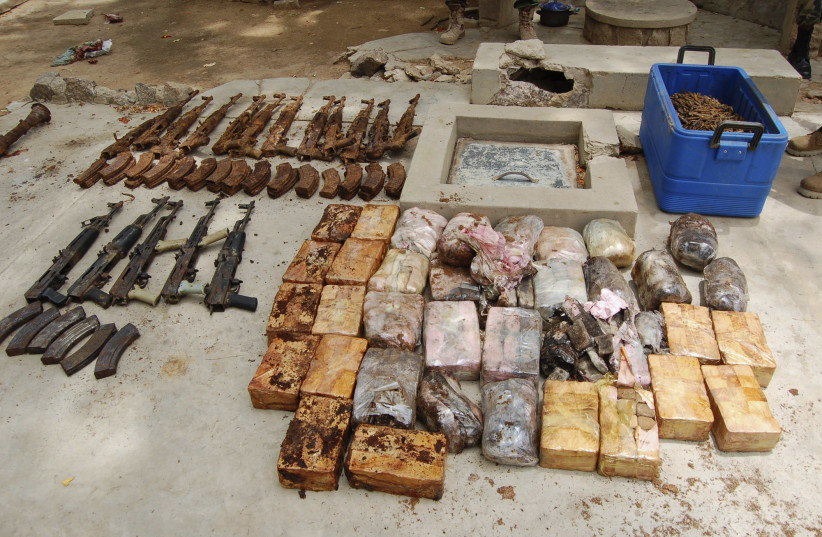Lebanon's top Christian cleric called for state control over weapons on Sunday, days after a deadly clash between Christian villagers and the heavily armed group Hezbollah over an overturned truck of ammunition.
"It is not possible to live on one land with more than one state, more than one legitimate army, more than one authority, and more than one sovereignty,"
Patriarch Buchara Boutros al-Rei, Lebanese Christian cleric
A Hezbollah member and a Christian resident were killed in Wednesday's exchange of fire in the village of Kahaleh, near Beirut, which began when a Hezbollah truck carrying ammunition turned over while driving through the area.
It was the deadliest confrontation between the Iran-backed Hezbollah and Lebanese who oppose it since clashes in Beirut two years ago, further rocking the stability of a country already suffering deep political and economic crises.
In his sermon on Sunday, cleric Patriarch Bechara Boutros al-Rai called for "all parties" and other elements of the country "to unite under the banner of the state, especially regarding the use of weapons."
"It is not possible to live on one land with more than one state, more than one legitimate army, more than one authority, and more than one sovereignty," Rai said, in an apparent reference to Hezbollah's arsenal.

Hezbollah, an Iranian proxy
Hezbollah, founded by Iran's Revolutionary Guards in 1982, is Lebanon's most powerful group. Its arsenal has long been a point of conflict in Lebanon, where its opponents accuse the group of undermining the state.
Lebanon has been suffering a four-year-long financial collapse that has marked its most destabilizing episode since the 1975-90 civil war. It was caused by decades of corruption and profligate spending by ruling politicians.
